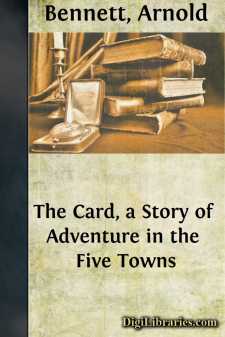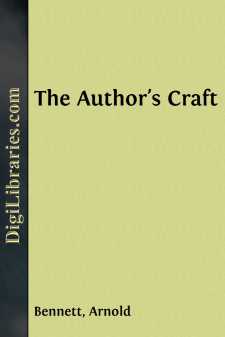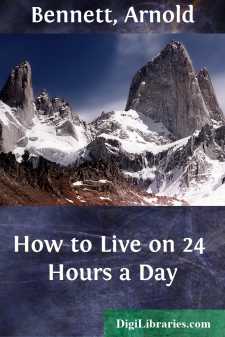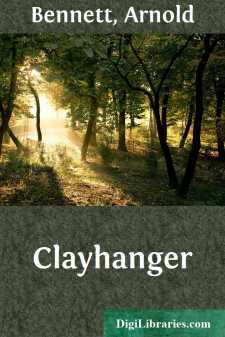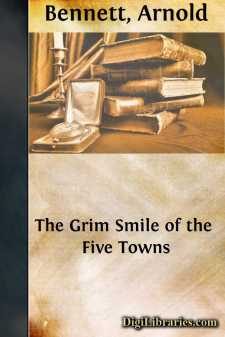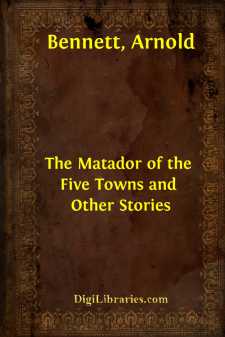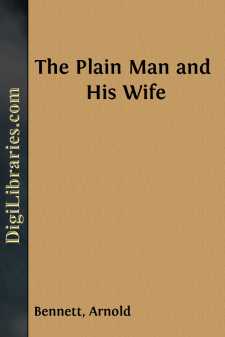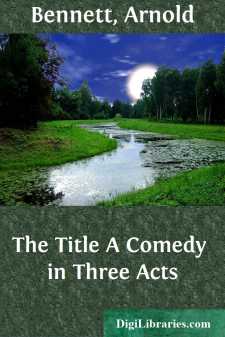Categories
- Antiques & Collectibles 13
- Architecture 36
- Art 48
- Bibles 22
- Biography & Autobiography 813
- Body, Mind & Spirit 142
- Business & Economics 28
- Children's Books 17
- Children's Fiction 14
- Computers 4
- Cooking 94
- Crafts & Hobbies 4
- Drama 346
- Education 46
- Family & Relationships 57
- Fiction 11829
- Games 19
- Gardening 17
- Health & Fitness 34
- History 1377
- House & Home 1
- Humor 147
- Juvenile Fiction 1873
- Juvenile Nonfiction 202
- Language Arts & Disciplines 88
- Law 16
- Literary Collections 686
- Literary Criticism 179
- Mathematics 13
- Medical 41
- Music 40
- Nature 179
- Non-Classifiable 1768
- Performing Arts 7
- Periodicals 1453
- Philosophy 64
- Photography 2
- Poetry 896
- Political Science 203
- Psychology 42
- Reference 154
- Religion 513
- Science 126
- Self-Help 84
- Social Science 81
- Sports & Recreation 34
- Study Aids 3
- Technology & Engineering 59
- Transportation 23
- Travel 463
- True Crime 29
The Card, a Story of Adventure in the Five Towns
by: Arnold Bennett
Categories:
Description:
Excerpt
CHAPTER I
I
Edward Henry Machin first saw the smoke on the 27th May 1867, in Brougham Street, Bursley, the most ancient of the Five Towns. Brougham Street runs down from St Luke's Square straight into the Shropshire Union Canal, land consists partly of buildings known as "potbanks" (until they come to be sold by auction, when auctioneers describe them as "extensive earthenware manufactories") and partly of cottages whose highest rent is four-and-six a week. In such surroundings was an extraordinary man born. He was the only anxiety of a widowed mother, who gained her livelihood and his by making up "ladies' own materials" in ladies' own houses. Mrs Machin, however, had a speciality apart from her vocation: she could wash flannel with less shrinking than any other woman in the district, and she could wash fine lace without ruining it; thus often she came to sew and remained to wash. A somewhat gloomy woman; thin, with a tongue! But I liked her. She saved a certain amount of time every day by addressing her son as Denry, instead of Edward Henry.
Not intellectual, not industrious, Denry would have maintained the average dignity of labour on a potbank had he not at the age of twelve won a scholarship from the Board School to the Endowed School. He owed his triumph to audacity rather than learning, and to chance rather than design. On the second day of the examination he happened to arrive in the examination-room ten minutes too soon for the afternoon sitting. He wandered about the place exercising his curiosity, and reached the master's desk. On the desk was a tabulated form with names of candidates and the number of marks achieved by each in each subject of the previous day. He had done badly in geography, and saw seven marks against his name, in the geographical column, out of a possible thirty. The figures had been written in pencil. The pencil lay on the desk. He picked it up, glanced at the door and at the rows of empty desks, and a neat "2" in front of the 7; then he strolled innocently forth and came back late. His trick ought to have been found out—the odds were against him—but it was not found out. Of course it was dishonest. Yes, but I will not agree that Denry was uncommonly vicious. Every schoolboy is dishonest, by the adult standard. If I knew an honest schoolboy I would begin to count my silver spoons as he grew up. All is fair between schoolboys and schoolmasters.
This dazzling feat seemed to influence not only Denry's career but also his character. He gradually came to believe that he had won the scholarship by genuine merit, and that he was a remarkable boy and destined to great ends. His new companions, whose mothers employed Denry's mother, also believed that he was a remarkable boy; but they did not forget, in their gentlemanly way, to call him "washer-woman." Happily Denry did not mind.
He had a thick skin, and fair hair and bright eyes and broad shoulders, and the jolly gaiety of his disposition developed daily. He did not shine at the school; he failed to fulfil the rosy promise of the scholarship; but he was not stupider than the majority; and his opinion of himself, having once risen, remained at "set fair." It was inconceivable that he should work in clay with his hands....


